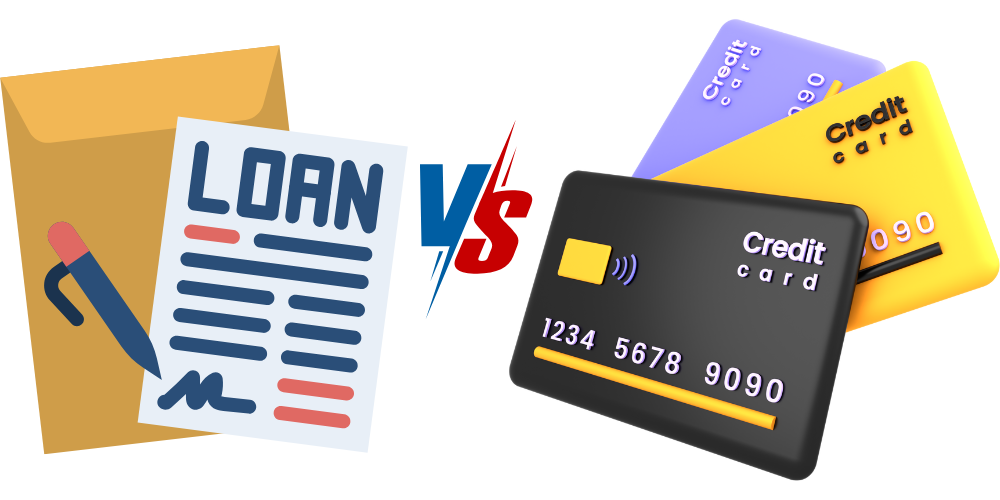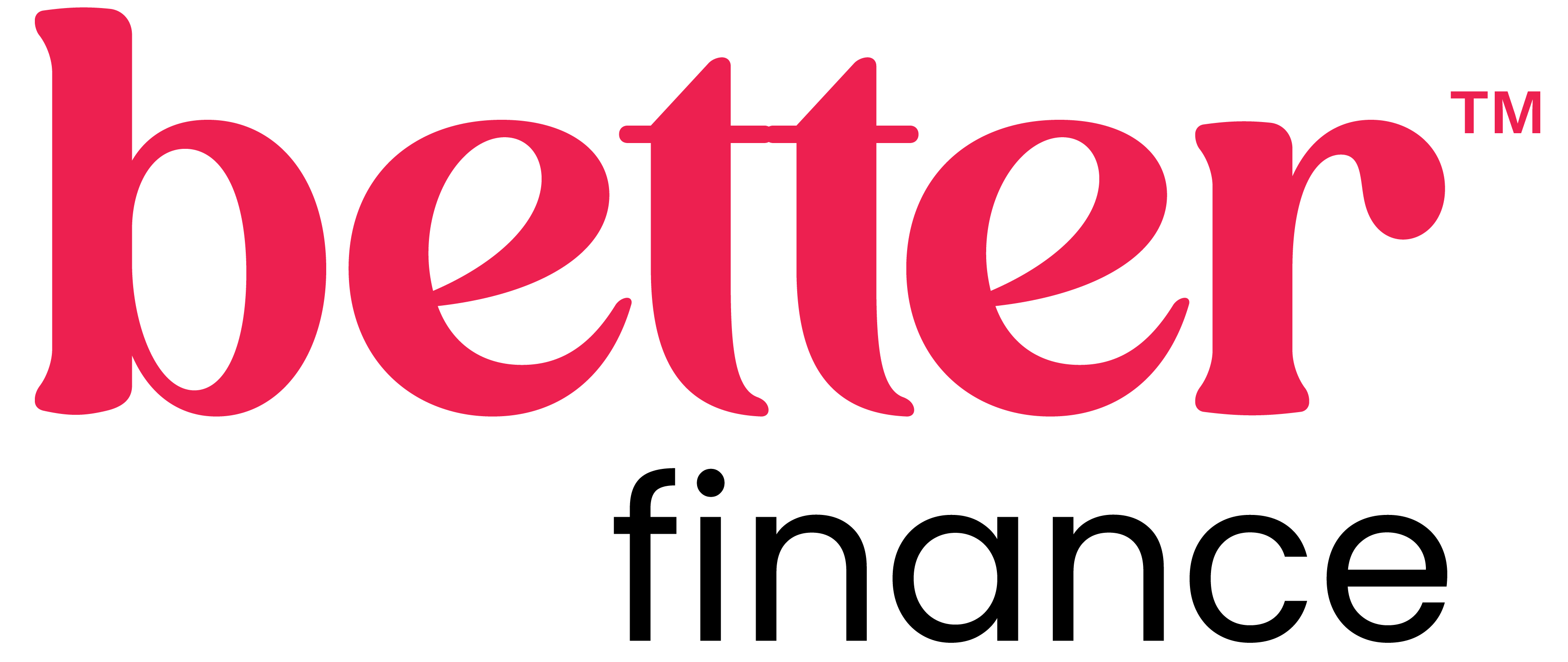
Are you planning a purchase, and you don’t have quite enough money in your bank account?
Many people have credit cards they may use to spread the cost of things they’re buying, and that can sometimes mean they can buy things they couldn’t pay for upfront.
Similarly, people sometimes use a personal loan to cover the cost of an unexpected or expensive item.
Here’s what you need to know if you’re trying to work out whether a credit card or personal loan is a better fit for your plans.
What is a personal loan?
A personal loan is a loan you take out and then pay back over a set period of time. It can be secured or unsecured.
Personal loans have lots of useful features:
-
Fixed interest rates: Usually, you’ll have an interest rate that stays the same for the term of the loan. This means you’ll always know what your repayments will be, and you won’t have to worry about interest rates rising.
-
Set repayment terms: Your personal loan will be for a set amount and designed to be paid back over the agreed period.
-
Potentially lower interest rates: Particularly if you’re borrowing a larger amount of money, a personal loan may attract a lower interest rate than a credit card. Secured loans usually have lower rates than unsecured loans.
-
Lump sum availability: You may be able to access a larger lump sum via a personal loan.
-
Wide range of loan purposes: You can use your personal loan for a wide range of things, whether you are planning travel, a wedding or a vehicle purchase.
But there are some things to watch for, too.
-
Less flexibility: If you want to change the amount you’ve borrowed, you’ll often need to submit a new application.
-
Early repayment fees: You may be charged fees if you clear your loan earlier than initially intended.
-
No rewards and benefits: You generally won’t have access to additional rewards and benefits that might be associated with credit cards.
What are credit cards?
Credit cards are financial instruments that provide a line of credit, allowing you to borrow money up to a set limit for purchases and expenses, which you repay monthly.
Pros
There are many handy aspects of credit card borrowing.
-
Flexibility in borrowing and repayment: Usually, you’ll have a credit card with a set limit. How much of that you use is up to you. You will usually be required to make a minimum payment each month, but you can pay as much or as little beyond that as you like. You can then draw down more of your available credit limit as you need it.
-
Rewards and cashback opportunities: Many credit card providers offer rewards schemes, which can mean you get added bonuses and perks from your spending.
-
Interest-free periods on purchases: As long as you’re not carrying a balance on your credit card, purchases have a period, which can be up to almost two months, before your balance starts attracting interest.
-
Fraud protection: Credit cards give you some access to fraud protection and potentially the ability to claw back payments made in error or under false pretences.
Cons
But it’s important to note a few things that can count against credit cards, too.
-
Higher interest rates: Credit card rates are often higher than personal loan rates, although there are low-interest cards available to those who qualify.
-
Risk of accumulating debt: Because there is no set term over which the debt has to be paid back, you could end up carrying it for a long time, meaning a higher total interest bill.
-
Annual fees: Many cards charge an annual fee and can have fees for additional cards on the account
-
Credit impact: Your total credit card balance might count against your credit score, even if you haven’t used it all.
When to opt for a personal loan
So when should you use a card, and when might a loan be better?
Personal loans are a good option when you’re borrowing for a specific goal, like a car, or to consolidate your debt. They have a fixed interest rate and a set repayment term. That gives you some additional financial discipline, and you’ll know that your loan will be paid off at the end of the term.
You can use a personal loan for a wide range of things, whether you need money for a holiday, an expense for your children, a wedding or a vehicle.
If you need more money once you’ve got the loan in place, you can apply for another loan or could apply to extend your existing one.
A credit card might be better when…
Credit cards can be a useful option for smaller expenses, particularly if you can clear the balance each month.
Some people use them with a revolving credit home loan account to reduce the amount of interest paid on their mortgages.
Credit cards also often give rewards and other perks, although it’s worth checking that you’re not paying a large annual fee for that privilege.
When you’re using a credit card, you have flexible repayment options – as long as you meet the minimum payment, you can repay as much as you like. This can be useful if you have income that varies.
They can also help to create a credit history that might assist you with future borrowing.
Having a credit card available can also be a useful safety net for unexpected expenses. You don’t need to apply for a loan, the money is there if you need it.
Managing your finances with personal loans and credit cards
Whatever path you choose, budgeting and tracking your expenses are really helpful when you have debt that you want to keep on top of. As you go along, you can adjust your spending habits as required to ensure that you’re making appropriate debt repayments.
It’s often a great idea to set up your payment to go the day after payday to ensure you have the money you need in your account.
Check in on your credit score from time to time to ensure that it is accurate.
Conclusion
Whether a credit card or personal loan is the right solution for you will depend on your individual circumstances.
If you’d like to talk about your personal loan options, give the team at better financeTM a call. We’re here to help.
Disclaimer: Please note that the content provided in this article is intended as an overview and as general information only. While care is taken to ensure accuracy and reliability, the information provided is subject to continuous change and may not reflect current developments or address your situation. Before making any decisions based on the information provided in this article, please use your discretion, and seek independent guidance.





